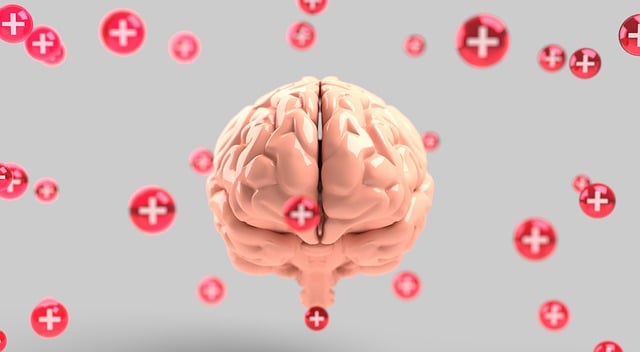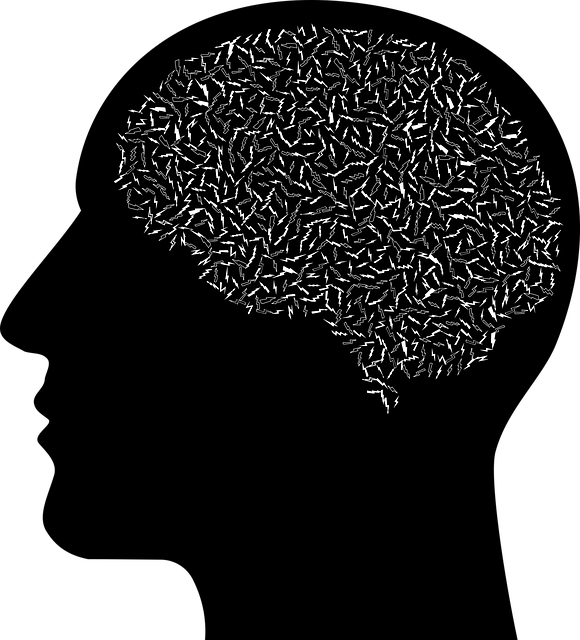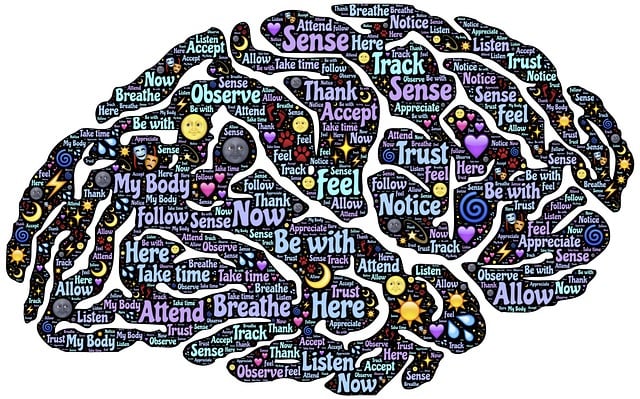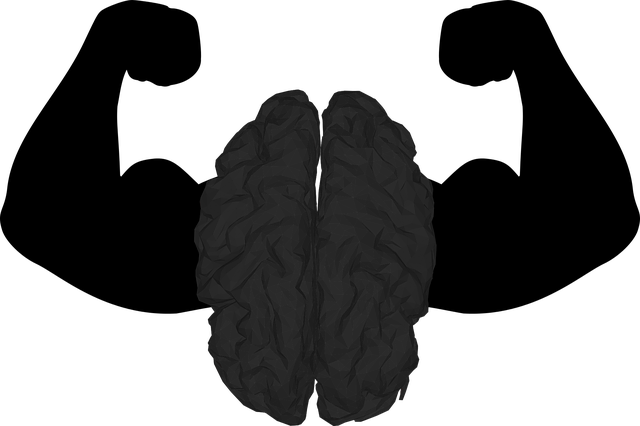Adolescent mental health, especially for those facing terminal illnesses, demands tailored support. Early intervention through evidence-based therapy techniques and burnout prevention is key. Programs should integrate diverse therapeutic approaches, including individual and group therapy, emotional regulation workshops, and risk management planning. By empowering teens with stress management tools and teaching resilience, these initiatives enhance coping abilities. Strategic curriculum design, incorporating interactive learning and mixed-methods evaluation, ensures the program's effectiveness in conventional settings. This holistic approach addresses emotional challenges, fostering growth and well-being for adolescents navigating terminal illness.
Mental health education programs play a pivotal role in addressing adolescent challenges, especially those faced by teens dealing with terminal illnesses. This article explores a holistic program design, focusing on understanding the unique mental health needs of adolescents, integrating therapeutic approaches tailored to their specific context, and empowering them with effective coping strategies. We delve into practical educational components, highlighting strategies to foster resilience and provide support during difficult times. Additionally, it discusses implementation and evaluation methods to ensure the program’s success in enhancing the well-being of adolescent teens facing terminal illnesses.
- Understanding Adolescent Mental Health Challenges: A Foundation for Program Design
- Integrating Therapy Approaches for Terminal Illness Support in Teens
- Educational Components: Fostering Resilience and Coping Strategies
- Implementing and Evaluating the Effectiveness of the Program
Understanding Adolescent Mental Health Challenges: A Foundation for Program Design

Adolescent mental health is a critical aspect often overlooked in broader healthcare discussions. Teenagers face unique challenges as they navigate their identity and place in the world. This period is marked by intense emotional shifts, peer pressure, academic demands, and, increasingly, concerns related to terminal illness and its impact on mental well-being. Early intervention and tailored support are essential to fostering resilience and healthy coping mechanisms.
Program designers must consider the complex interplay of factors affecting young minds. By incorporating evidence-based therapy techniques for adolescent teens, along with burnout prevention strategies for healthcare providers facilitating these sessions, a robust foundation can be established. Stress management workshops within organizations dedicated to youth mental health can empower teenagers with positive thinking tools and promote self-care practices, ultimately enhancing their ability to navigate life’s challenges.
Integrating Therapy Approaches for Terminal Illness Support in Teens

In designing mental health education programs for adolescent teens facing terminal illnesses, it’s crucial to integrate a diverse range of therapeutic approaches tailored to their unique needs. These should encompass individual therapy sessions focused on emotional healing processes, where teens can process their feelings and fears with the support of trained professionals. Group therapy sessions can also foster peer-to-peer connection and build resilience through shared experiences.
Furthermore, incorporating communication strategies into these programs is essential. Effective communication skills help teens express themselves honestly, understand others’ perspectives, and develop coping mechanisms. Risk management planning for mental health professionals is another key aspect, ensuring they are equipped to handle the emotional intensity of working with this vulnerable population. By combining these approaches, we can create comprehensive support systems that address both the medical and psychological aspects of terminal illness in adolescent teens.
Educational Components: Fostering Resilience and Coping Strategies

In designing a mental health education program for adolescent teens facing terminal illness, it’s crucial to incorporate Mind Over Matter principles that foster resilience and effective coping strategies. This should involve teaching them how to navigate their emotions, understand their experiences, and develop healthy habits to promote mental wellness. By integrating resilience building techniques into the curriculum, young individuals can learn to view challenges as opportunities for growth and strengthen their ability to cope with stress.
Program content should include interactive workshops on emotional regulation, mindfulness practices, and problem-solving skills tailored to their unique needs. These activities help adolescents cultivate a positive mindset, enabling them to approach their illness with courage and hope. Additionally, sharing stories of resilience from individuals who have faced similar circumstances can serve as powerful motivators, inspiring teens to embrace mental wellness as an active process.
Implementing and Evaluating the Effectiveness of the Program

Implementing a mental health education program requires careful planning and strategic execution to ensure its effectiveness. The process should commence with defining clear learning objectives, aligning curriculum content with evidence-based practices, and incorporating interactive components that cater to diverse learning styles. This includes teaching emotional regulation skills, mood management techniques, and risk assessment strategies relevant to adolescents facing terminal illness and their families—a crucial aspect often overlooked in conventional therapy settings.
Evaluation is an integral part of program design, allowing for continuous improvement. Employing a mixed-methods approach that combines quantitative data (e.g., surveys) with qualitative insights (e.g., participant reflections) can offer a comprehensive understanding of the program’s impact. By regularly assessing knowledge retention, skill application, and overall well-being, mental health professionals can adapt their approaches to better serve adolescents and their families navigating terminal illness, ensuring the program’s long-term success and relevance in addressing unique emotional challenges.
Mental health education programs designed to support adolescent teens facing terminal illness must be multifaceted, integrating therapeutic approaches with educational components. By understanding the unique challenges these young individuals face, we can create environments that foster resilience and equip them with effective coping strategies. Evaluating the program’s effectiveness is crucial for ensuring its success in providing much-needed support during this difficult time. Through a comprehensive approach, we can enhance the mental well-being of adolescent teens navigating terminal illness, offering them hope and tools for their journey.














